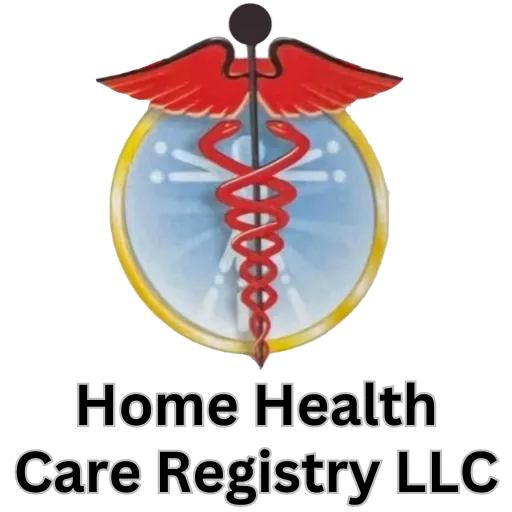Memory Care – Alzheimer’s Disease
A Guide to Supporting Seniors with Alzheimer’s Disease
Caring for seniors with Alzheimer’s disease requires a specialized and compassionate approach. Alzheimer’s is a progressive neurodegenerative disorder affecting memory, cognition, and daily functioning. In this article, we explore the nuances of Alzheimer’s patient care within the realm of senior health care, providing insights and practical tips for caregivers and healthcare professionals alike.

Understanding Alzheimer’s Disease:
1. Progressive Nature:
Alzheimer’s is characterized by a gradual decline in cognitive function, impacting memory, reasoning, and communication skills. Understanding the progressive nature of the disease is essential for providing appropriate care.
2. Individual Variations:
Each individual with Alzheimer’s experiences the disease uniquely. Symptoms may manifest differently, and the progression can vary. Tailoring care to the specific needs and abilities of the individual is crucial.
Key Components of Alzheimer’s Patient Care:
1. Creating a Safe Environment:
Importance: Safety is paramount for Alzheimer’s patients who may experience disorientation or impaired judgment. Creating a secure living environment minimizes the risk of accidents.
Strategies: Remove potential hazards, install handrails, and use labels or signs to aid navigation. Secure doors and windows to prevent wandering, a common behavior in Alzheimer’s patients.
2. Establishing Routine and Structure:
Importance: Consistency and routine provide a sense of predictability, reducing anxiety and confusion for Alzheimer’s patients.
Strategies: Establish a daily schedule for meals, activities, and personal care. Clearly communicate changes in routine and involve the individual in decision-making when possible.
3. Encouraging Effective Communication:
Importance: Alzheimer’s can impact language skills and hinder effective communication. Adjusting communication strategies is essential for fostering understanding.
Strategies: Use simple language, maintain eye contact, and employ non-verbal cues. Be patient, listen attentively, and validate emotions to create a supportive communication environment.
4. Assisting with Activities of Daily Living (ADLs):
Importance: Alzheimer’s patients may require assistance with daily tasks as the disease progresses. Maintaining a level of independence while offering support is essential.
Strategies: Break down tasks into manageable steps, provide visual cues, and offer gentle guidance. Encourage self-care as much as possible to preserve dignity.
5. Nutritional Support:
Importance: Alzheimer’s patients may face challenges related to eating and swallowing. Ensuring proper nutrition is vital for overall health.
Strategies: Adapt the diet to meet individual needs, considering texture modifications if necessary. Monitor hydration and collaborate with a dietitian for personalized nutritional guidance.
6. Behavioral Management:
Importance: Behavioral changes are common in Alzheimer’s patients. Identifying triggers and employing strategies to manage challenging behaviors is essential.
Strategies: Use redirection, maintain a calm demeanor, and establish a consistent approach to address behaviors. Regularly reassess strategies as the disease progresses.
7. Cultivating Emotional Support:
Importance: Emotional well-being is crucial for Alzheimer’s patients and their caregivers. Fostering a supportive and understanding environment is essential.
Strategies: Engage in activities that bring joy, share positive experiences, and offer emotional support. Encourage the involvement of family and friends in maintaining social connections.
Collaborative Approach to Alzheimer’s Patient Care:
1. Caregiver Training and Support:
Importance: Caregivers play a central role in Alzheimer’s patient care. Ongoing training and support are essential for providing effective and compassionate care.
Strategies: Access resources, support groups, and educational materials. Regularly communicate with healthcare professionals to stay informed about the latest caregiving strategies.
2. Healthcare Professional Collaboration:
Importance: A multidisciplinary approach involving healthcare professionals ensures comprehensive care for Alzheimer’s patients.
Strategies: Regularly communicate with physicians, nurses, social workers, and other healthcare providers. Collaborate on care plans, medication management, and addressing health concerns.
3. Embracing Technological Solutions:
Importance: Technological innovations can support Alzheimer’s patient care, providing tools for monitoring, communication, and safety.
Strategies: Explore GPS tracking devices for wandering prevention, medication reminder apps, and telehealth services for remote consultations with healthcare professionals.
Alzheimer’s patient care within the realm of senior health care demands a holistic and adaptive approach. By understanding the unique challenges posed by Alzheimer’s disease and implementing personalized strategies, caregivers and healthcare professionals can contribute significantly to the well-being and quality of life of individuals affected by this condition. The journey may be complex, but with patience, empathy, and ongoing collaboration, we can provide compassionate care that respects the dignity and individuality of each Alzheimer’s patient. Together, we strive to create environments where seniors with
Call Us: +1(510)7901930 | (925)354-9919




